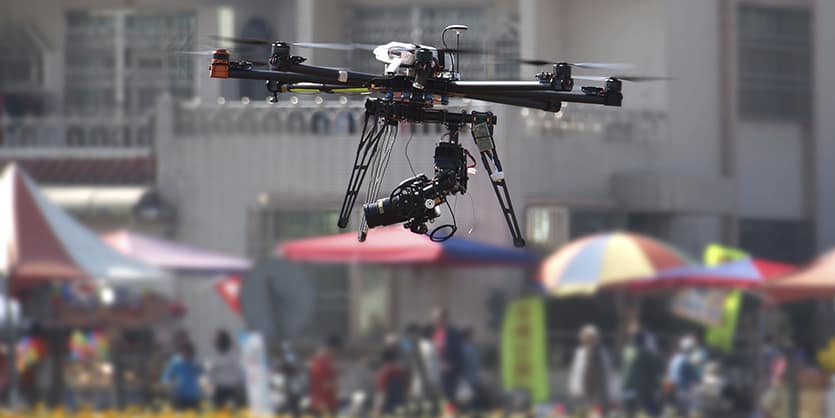States Address Use, Privacy related to Drones

While the Federal Aviation Administration continues to revise and introduce regulations permitting domestic commercial UAS use, state governments are putting laws on the books that prohibit UAS use for activities such as voyeurism, hunting and photography. According to the National Conference of State Legislatures, 45 states have considered 151 bills related to drones. At the end of June, 25 states have enacted laws addressing UAS issues and an additional six have adopted resolutions.
In its review of these bills and laws, the conference determined several common issues are addressed: definition of a UAS, UAV or drone; use by law enforcement or other state agencies; use by general public; and regulations of use in hunting game.
Many of the state laws protect privacy through these restrictions. Others empower law enforcement to use UAS for activities such as locating a missing or lost person without any reasonable expectation of privacy. In contrast, states like Virginia now require law enforcement agencies to obtain a warrant before using a drone for any purpose, except in limited circumstances.
In “Civilian Drones, Privacy, and the Federal-State Balance,” author Wells C. Bennett supports a blended approach to balance the use of non-governmental UAS with privacy rights.
“As drones are folded further into American airspace, states should take the initiative, both by applying longstanding liability rules and by devising new ones. But we also should take advantage of the Federal Aviation Administration’s (‘FAA’) small but growing competence in nongovernmental drones and privacy—and have the agency perform a kind of superintendence function,” according to the Brookings Institution essay.
Regardless of the jurisdiction, researchers like David Ison believe federal and state governments have just begun to address the numerous privacy concerns that will arise from increased UAS use.
“I believe we will soon see verification of the applicability of these in cases in UAS privacy disputes,” said Ison, assistant professor of aeronautics and research chair at Embry-Riddle Aeronautical University – Worldwide. “That being said, broader application of UAS in both the public and private sectors will also bring to light new privacy concerns that haven’t even been contemplated.”

 Molly Justice
Molly Justice